Home >The Vital Role of Plastic in the UK Economy >The Vital Role of Plastic in the UK Economy
The Vital Role of Plastic in the UK Economy
Plastics have long played a significant role in the UK economy, contributing to various sectors that support the nation’s infrastructure and everyday life. From exports to resource efficiency, the importance of plastics cannot be overstated, particularly as industries continue to evolve. Let’s take a closer look at the key areas where plastics make a vital impact.
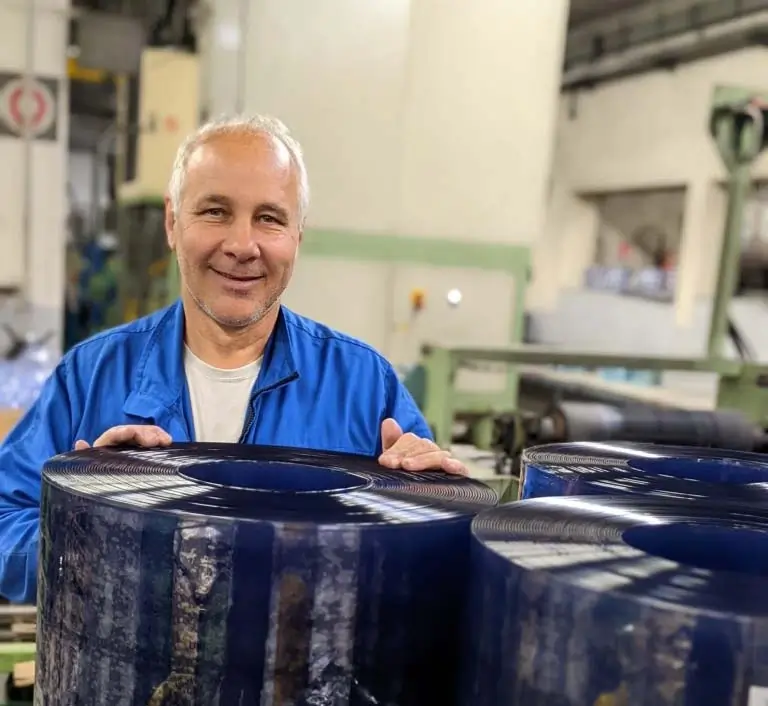
The Plastic Industry Creates Jobs
The plastic product manufacturing industry has experienced significant growth, establishing itself as one of the most vital sectors in the UK economy. Employing approximately 500,000 people both directly and indirectly, the industry supports a vast workforce and includes around 5,800 companies. This expansion has made it the second-largest employer within the UK manufacturing sector. Additionally, the industry is a key player in international trade, ranking among the top 10 UK exports, further highlighting its economic importance.
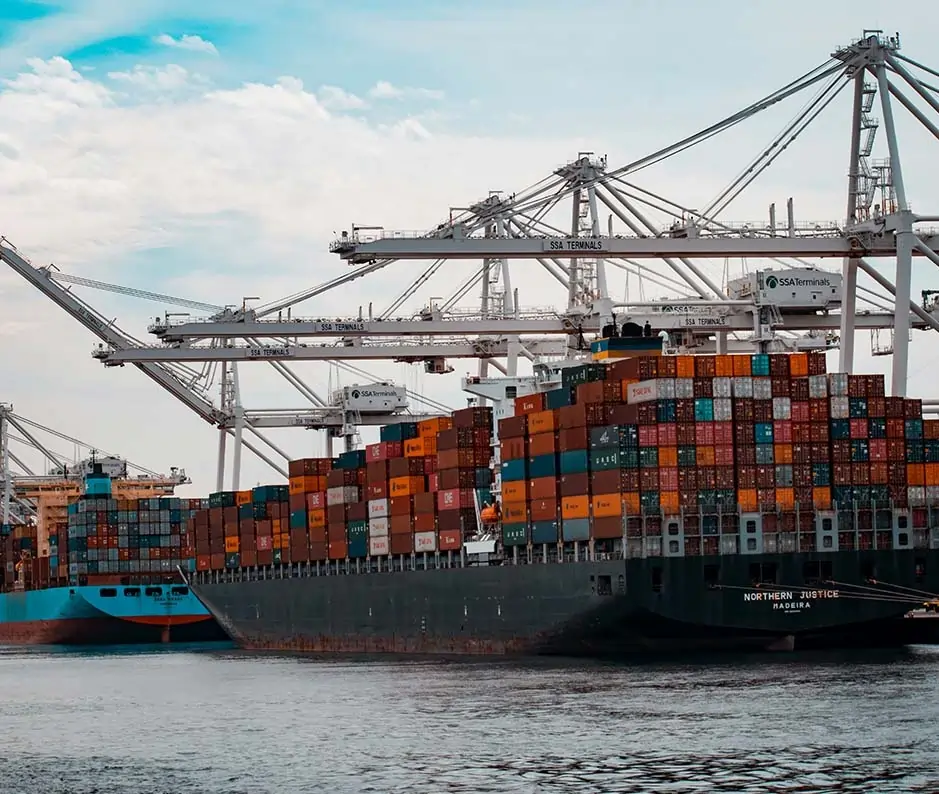
The UK Exports Huge Amounts of Plastic
One of the most significant contributions of the plastics industry to the UK economy is through exports. Plastics rank among the top 10 exports in the country, generating around £4.5 billion annually. This strong export market highlights the global demand for UK-manufactured plastics, which are known for their quality and durability. Industries worldwide rely on UK-produced plastics, from plastic strip curtains used in temperature control to advanced materials used in technology and manufacturing.
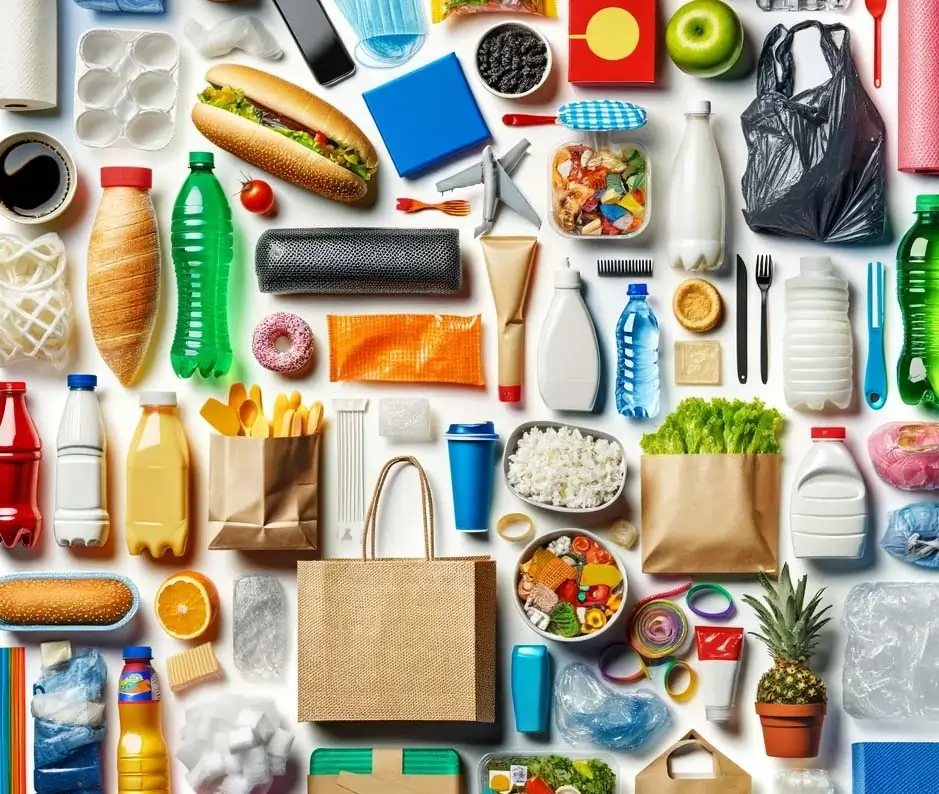
Plastics are Used in Almost Every Sector
Plastics are integral to almost every sector of the UK economy. Whether it’s the construction industry using plastic strip curtains and insulation materials, the healthcare sector relying on medical-grade plastics, or the transportation sector utilizing plastics for lightweight vehicle parts, the material is everywhere. Even infrastructure projects like roadworks and bridges incorporate durable plastics in various applications, showcasing the material’s versatility and reliability.
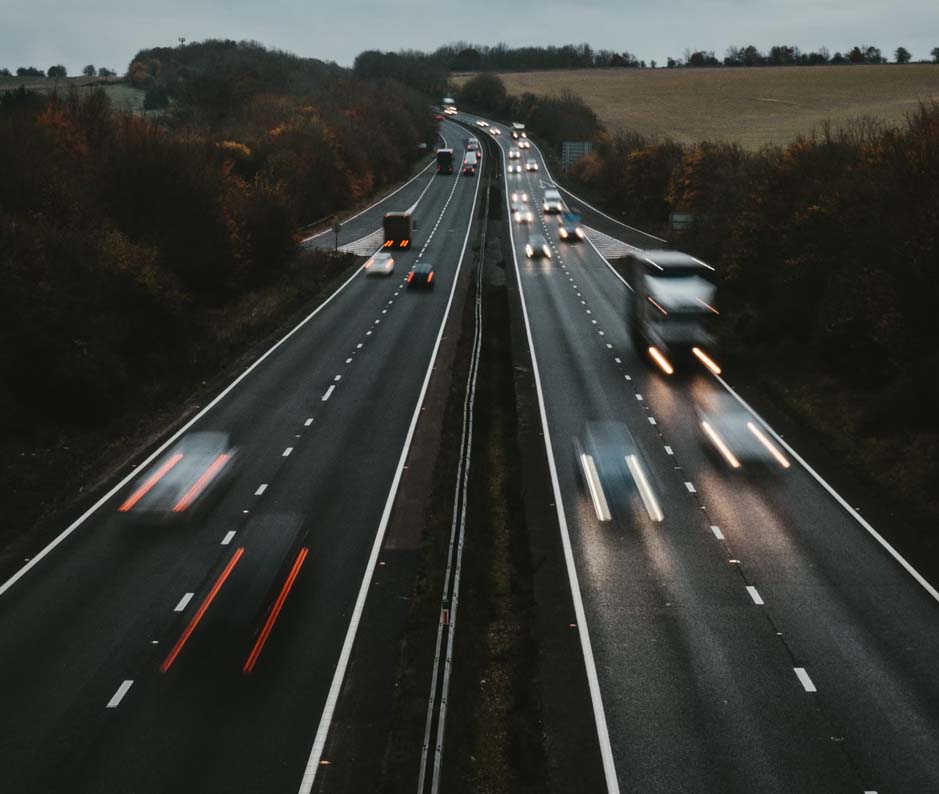
A Strong Local Supply Chain
One standout feature of the UK plastics industry is its robust supply chain. Many plastic products, especially those used in construction, are designed, manufactured, and distributed entirely within the UK. This domestic supply chain not only enhances the reliability and speed of production but also creates numerous jobs and ensures that essential materials remain readily available. For products like plastic strip curtains used in warehouses and food processing plants, having a strong, local supply chain is crucial to maintaining steady supply.
Resource Efficiency and Sustainability
Plastics are often criticized for their environmental impact, but they are one of the most resource-efficient materials available. Lightweight, durable, and recyclable, plastics help reduce transportation costs and emissions due to their lower weight. For example, plastic strip curtains, commonly used to maintain internal temperatures in commercial spaces, reduce energy consumption by limiting airflow. Additionally, advancements in recycling technology mean that more types of plastics can be reused, further enhancing their sustainability credentials.
The plastics industry utilizes only 4% of the world’s oil production. Most of the world’s oil stock is consumed for energy and transportation purposes. Despite misconceptions, the production of most plastic products is not as energy-intensive when compared to materials like metals, glass, and paper. These products need vast amounts of recourses and energy to produce compared to plastic. This is especially the case with recycling these items. Plastic on the other hand is more efficient and that is why this lower energy requirement for plastic manufacturing contributes to its widespread use in various industries. It offers a more efficient option in terms of energy consumption, versatility, and durability.
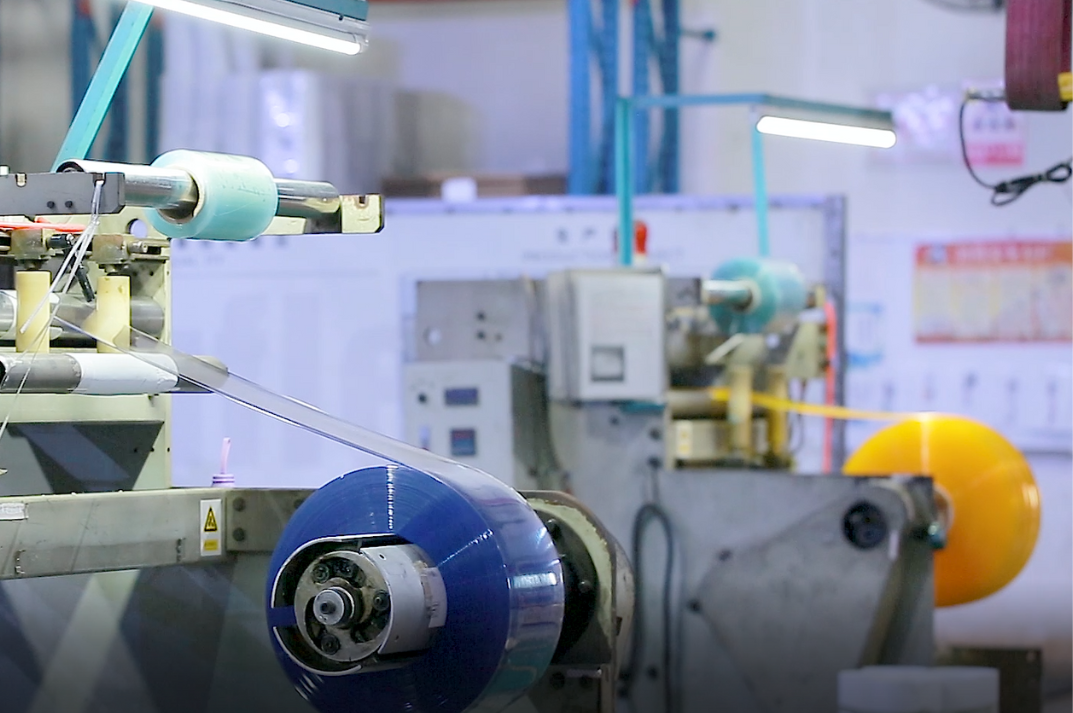
An Important Industry for the UK
The plastics industry is strategically important for the UK, not only for economic growth but also for national security. The British Plastics Federation (BPF) has called for the plastics sector to be recognized by the government as a ‘foundation industry,’ a term used to describe sectors essential to manufacturing and construction. By gaining recognition as a foundation industry, the plastics sector would receive the support it needs to continue contributing to the country’s long-term growth and innovation.
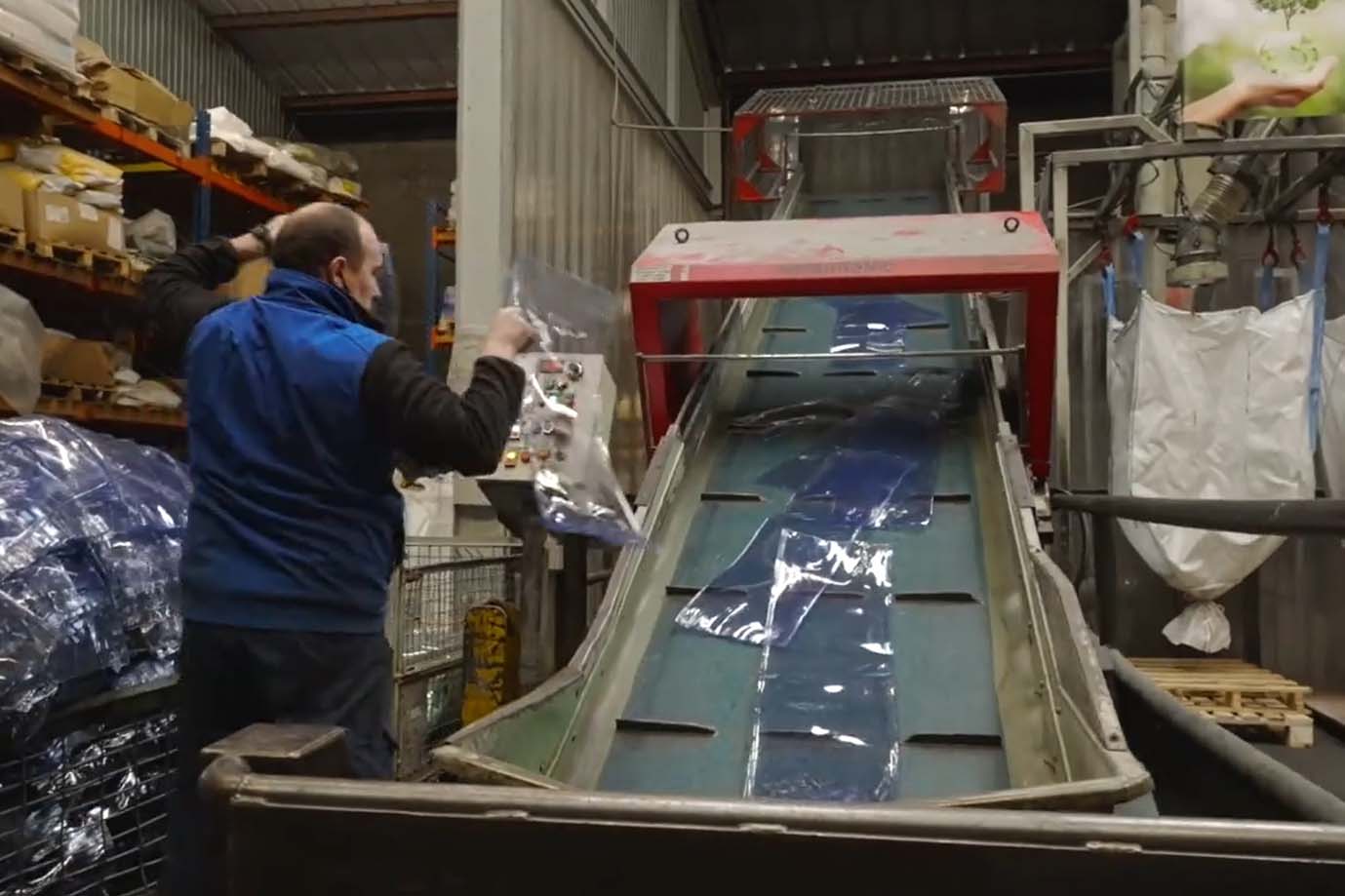
Dealing with Plastics Strategically
Plastics can generally be recycled up to six times before reaching the end of their usable life. Unfortunately, many plastics end up in landfills after just one use, which is a trend that must change if we are serious about reducing our environmental impact. When recycling is no longer economically or environmentally feasible, it’s crucial to divert plastics to Energy from Waste (EfW) facilities. EfW processes can convert used plastics into energy, contributing to power generation while reducing dependence on traditional fossil fuels. This approach lowers the carbon footprint of plastics by repurposing them for energy instead of using new raw materials. In contrast, sending plastics to landfills wastes valuable resources that could otherwise be used in the energy sector. Implementing proper disposal and recycling practices is key to maximizing the value of plastic waste and minimizing environmental damage.
PVC Recycling and Energy-from-Waste Potential in the UK
According to British Plastics Federation, last year, the UK recycled 42,000 tonnes of used PVC from construction, setting a European record. This recycled material was repurposed into products like window frames, pipes, conduits, flooring, and safety equipment. When recycling is not economically or environmentally feasible, used plastics, which have a higher calorific value than coal, should be directed to energy-from-waste (EfW) incineration. This approach generates much-needed domestic energy and reduces costly imports. However, unlike many European countries, the UK lacks sufficient EfW capacity and relies heavily on shrinking landfill space. Despite having a population of 60.5 million, the UK operates only 21 EfW plants, while Denmark, with just 5 million people, has 32 plants. This highlights the need for better public education about the end-of-life benefits of plastics. Often demonized, plastic plays a crucial role in the UK economy, and it’s essential to raise awareness about its value and responsible use.
Clearway is trying to lead the way in PVC recycling. We are one of the only PVC manufacturers to produce 100% recyclable PVC and already have systems in place to reuse our waste in our production. Clearway has also launched a PVC Recycling Program to educate and reward customers for recycling their PVC waste with us. By participating, customers can ensure their PVC waste is properly recycled, while also being encouraged to reduce landfill waste through responsible recycling practices.
Plastics Critical Role in Tackling Climate Change
Plastics play a key role in reducing energy use and improving efficiency across many industries. Their production efficiency, versatility, and recyclability make them useful in tackling climate challenges.
- Aviation: Lightweight carbon fibre-reinforced plastics make up 22% of an Airbus A380, cutting fuel consumption and lowering operating costs by 15%.
- Automotive: A 1,000kg car with 105kg of plastic parts can save 750 litres of fuel over 90,000 miles, reducing CO2 emissions. BMW’s 6 Series Coupe benefits from plastic composites, making it 100kg lighter.
- Packaging: Plastic packaging can be up to 400% lighter than alternatives, reducing transport emissions.
- Manufacturing: Modern plastic processing machinery is now up to 75% more energy-efficient.
- Warehousing: PVC strip curtains insulate doorways, helping lower heating costs.
- Construction: PVC-U windows and EPS insulation improve energy efficiency, while durable plastic pipes reduce water leakage.
- Renewable Energy & Transport: Plastics are essential in renewable energy systems, electrical insulation, and transportation. Even plastic bottles and bags contribute by reducing fuel costs and pollution.
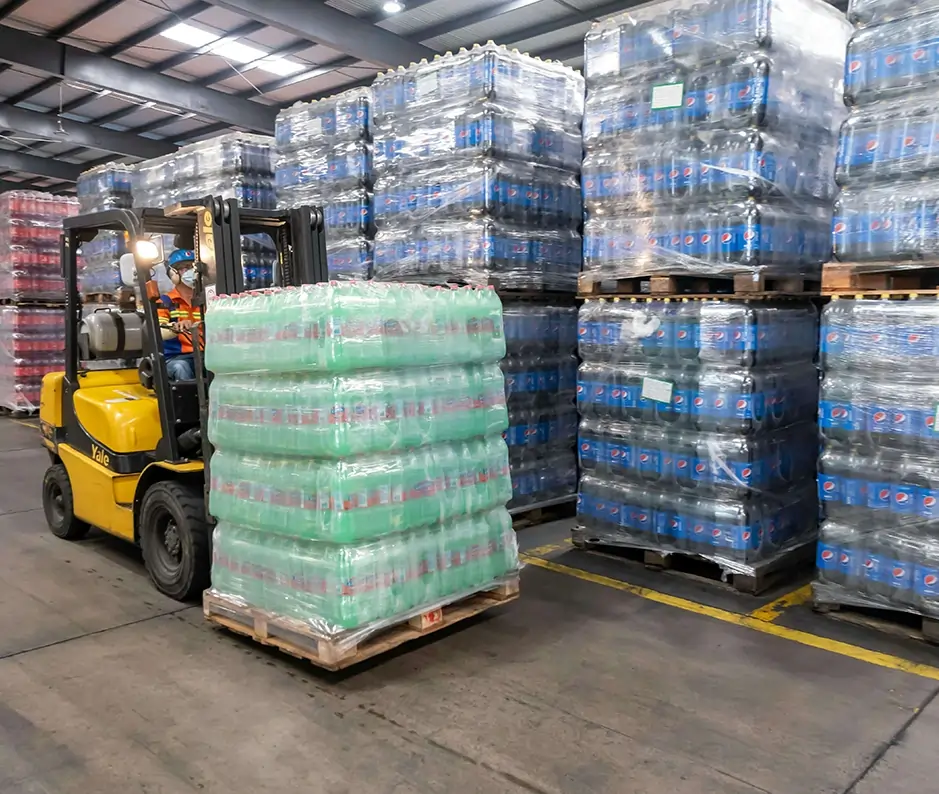
Conclusion
Plastic plays an indispensable role in the UK economy, contributing to key sectors, supporting jobs, and driving exports. It’s an important aspect for all of our lives. With its strong supply chain and commitment to resource efficiency, the UK plastics industry stands as a pillar of national strength. From everyday products like plastic strip curtains to more complex industrial uses, the importance of plastics is clear, and it’s crucial that this industry continues to be supported for a sustainable and prosperous future. We just need to ensure that we use it responsibly and do what we can to mitigate the environmental impact of it. It’s an important resource and it’s here to stay. The plastics industry is a foundation industry for both the United Kingdom and the world.
Build your own PVC Strip Curtain and recieve an instant quote!
Save yourself time and create your own bespoke curtain from our strip curtain calculator. This will give you the opportunity to create a complete custom curtain which will be made to your measurements and shipped to you within a few days.